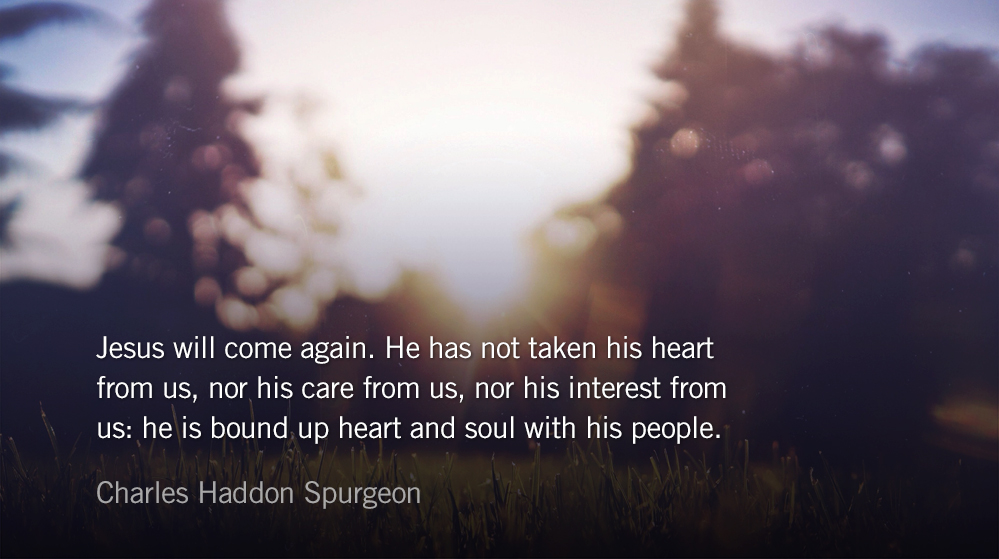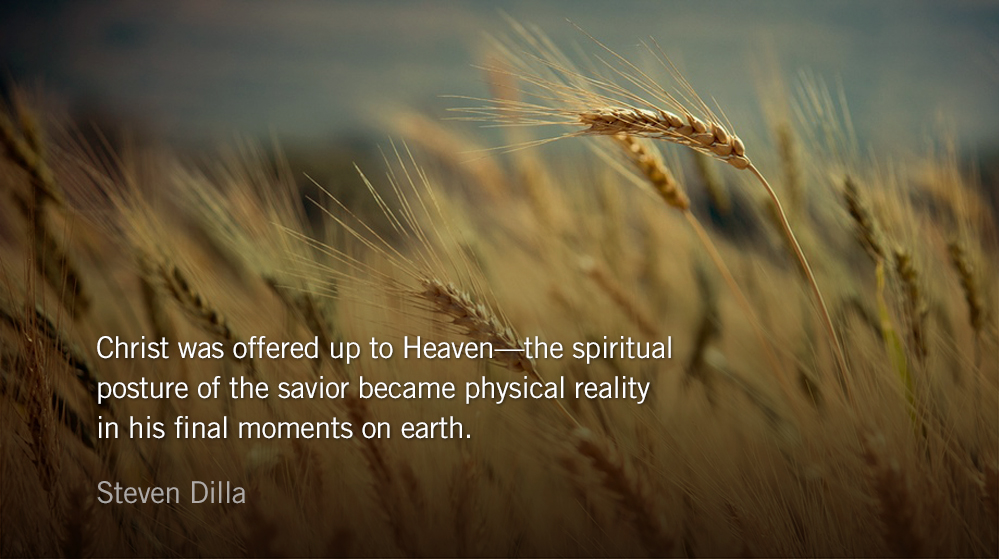Around the turn of the twentieth century Princeton Theology professor Geerhardus Vos referred to the Kingdom of God as both “already” and “not yet.” He was highly criticized in his day because his theological vision stood in contrast to his contemporaries’ desire to focus solely on the future hope found in Scripture. Vos’ words clarified the tension between the present, active, and tangible nature of living as a Christian and the hope, completion, and perfection that are to come.
If Christianity were just about the not yet, there would be no need to grow in faith, no need to engage in culture, no need for faith to move to action now. The Christian life would be best lived in anticipation of future glory, and in separation from the “secular world.”
On the other side, if Christianity were just about the already, it would quickly become another tool, among many, to live a fulfilling, satisfying life. In this case, Christianity would become no better than self-help, no more demanding than what is required for comfort and no more transcendent that the general culture’s aspirations and desires.
When we balance the already and not yet aspects of the Kingdom in practice we form a robust, and life-giving faith that can address the current condition without losing focus on the fullness of God’s work yet to come. George Eldon Ladd captured this beautifully in his book Gospel of the Kingdom:
Love is that gift of the spirit, above all others, which will characterize our perfected fellowship in the age to come. This love we now enjoy, and the church on earth will be a colony of heaven, enjoying in advance the life of the age to come.
Faith that is focused on the here and now demands our hearts are shaped to be more like God. It’s from this wellspring that every good and perfect deed flows into contact with a broken world. And the part of our faith that focused on the yet-to-come gives us a hope beyond what this world can offer and draws us closer as we anticipate the return of Christ.
Weekend Reading List
- Imagining the Kingdom: Mission and Theology in Early Christianity. N. T. Wright for University of St Andrews.
- The Mission of God’s People. Christopher Wright, excerpt on The Park Forum.
- The Power of Patient-Centered Medical Care. Bethany Jenkins for The Gospel Coalition.
- What’s Universal and Particular, Already and Not Yet? Matt Smethurst for The Gospel Coalition.
Today’s Reading
Isaiah 3-4 (Listen – 4:34)
Hebrews 11 (Listen – 6:22)
This Weekend’s Readings
Isaiah 5 (Listen – 4:48) Hebrews 12 (Listen – 4:36)
Isaiah 6 (Listen – 2:24) Hebrews 13 (Listen – 3:31)




